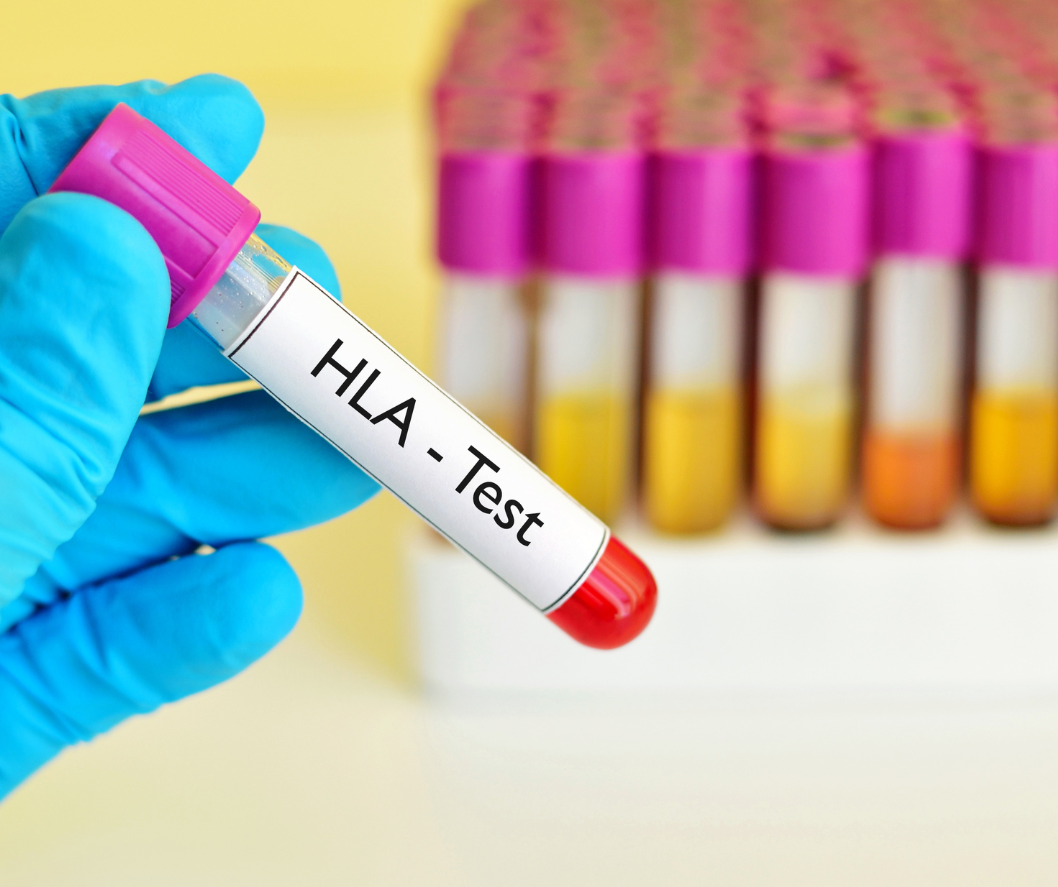Preventive Healthcare
Benefits of NextGen HLA Testing: Explains Metropolis' Experts

Table of Contents
The NextGen HLA typing procedure helps detect a higher donor and recipient compatibility percentage. This procedure provides unmistakable human leukocyte antigen (HLA) indexing outcomes. It ensures reduced chances of graft rejection among patients receiving foreign haematopoietic tissues and organ transplantation.
This high-resolution molecular diagnostic technique helps choose the perfect donor based on the characteristics of the recipient's allele. Check out more about the NextGen HLA typing procedure from Metropolis Healthcare and its state-of-the-art compatibility testing.
What to Know About the NextGen HLA Testing?
According to Dr Kirti Chadha, Chief Scientific Officer at Metropolis Healthcare, the NextGen testing conveniently scans through the human leukocyte antigen (HLA). This protein has the most diverse loci in the human genome, leading to unique allelic distribution in every individual.
It plays a crucial role as the chief determinant of the compatibility of bone marrow and organ transplantation. Without checking for genotypic HLA allelic compatibility, the transplantation can go wrong. The validation of the NextGen HLA typing procedure helps define better genes and detect polymorphisms, resolving potential clinical impacts.
How Does the NextGen HLA Typing Function?
The NextGen HLA testing detects the percentage of human leukocyte antigen matching between prospective donors and the recipient's genetic setup. It helps match the HLA allelic patterns to measure the approximate similarity of the organs and tissues, reducing graft rejection. The HLA proteins help differentiate self-cells from foreign bodies, preventing auto-immune reactions.
Besides, the NextGen HLA typing procedure detects the Major Histocompatibility Complex (MHCs) proteins. It helps evaluate all potential antigen complexes that may cause graft rejection post-transplantation. The NextGen technique reduces all HLA typing ambiguities concerned with tissue and organ transplantation.
What Makes the NextGen HLA Typing Procedure Effective?
Unlike general HLA tests, the NextGen HLA testing procedure considers parameters more than just the three pairs of human leukocyte antigens. Besides providing an accurate match between the A, B and DR between host and donor, it scans for allelic compatibility of their respective genomes.
These factors often get overlooked in general HLA typing and may trigger transplant destruction even in patients with superior HLA compatibility. Next, it also considers primary factors like antibody matching, blood typing, ethnicity and lymphocyte compatibility.
These evaluate the chances of HLA activation and graft rejection. The NextGen HLA typing ensures that a recipient receives the most compatible donor for their transplant, lowering any scope for graft rejection.
Why Does the NextGen HLA Procedure Provide a Better Compatibility Match?
The NextGen HLA typing procedure is more accurate than available HLA typing tests. Its principal design helps find the most compatible donor for their haematopoietic tissues and organ transplantation procedures. Unlike general HLA tests, it considers various factors, as mentioned above.
Patients requiring HLA tissue typing for kidney transplants are vulnerable to potential organ rejection. It can wreak havoc on the overall wellness of such ailing patients. Thanks to the NextGen HLA typing procedure, which prevents post-transplantation complications, which often cause the recipient to relapse and even lead to death.
While considering underlying genetic and pathological factors, doctors ensure the natural assimilation of transplanted organs for healthy living. It saves valuable life, reduces treatment costs and prevents the wastage of donor organ tissues.
What Conditions Get Detected Using the NextGen HLA Typing Test?
The role of the NextGen HLA typing procedure extends far beyond transplant compatibility. It is peerless in detecting underlying allelic patterns that can have antagonistic effects like drug incompatibility, auto-immune disorders and prone to develop autosomal sicknesses.
The NextGen HLA typing results can detect potential conditions like silent genetic anomalies or inherited autosomal combinations. It includes testing for the below conditions:
- Celiac disease
- Narcolepsy
- Spondyloarthritis
- Ankylosing spondylitis
- Crohn's disease
- Psoriatic and reactive arthritis
- Sacroiliitis
- Uveitis
- Pathogenic infections
- Cancer
- Emphysema
Besides, early detection of these conditions helps prompt treatment to slow down the rapid degeneration of the illness. The NextGen HLA typing procedure helps doctors detect underlying conditions with little surface symptoms. Also, if your blood comprises significant anti-HLA antibodies, it helps detect other health anomalies that may or may not include immunological factors.
Final Take
Besides the effectiveness of the NextGen HLA testing technique, here is what Dr Sushil Shah, Chairman of Metropolis Healthcare, shared the unique selling point about the organisation.
In recent years, Metropolis Healthcare has established a centre of excellence supporting all transplant-related diagnostic techniques. It includes a state-of-the-art array of diagnostic tools, accurate report interpretation, expert laboratory technicians and dedicated subject matter specialists.
According to the chairman, it makes Metropolis Healthcare a one-stop destination for all transplant-related diagnostic solutions. He also highlighted how the NextGen HLA typing helps doctors find the ideal donor for recipients and ensure better transplantation records.




























